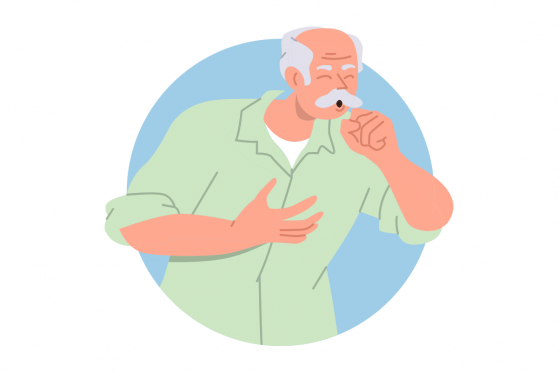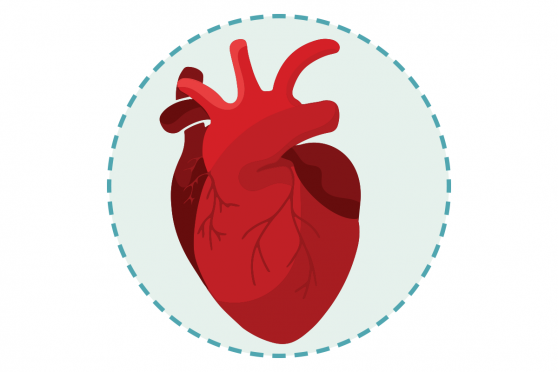Lower Your Risk for Diabetes
Reduce your risk for type 2 diabetes with these simple steps

If your blood sugar is higher than normal or you have prediabetes, you’re at risk for type 2 diabetes. The good news: Making healthy changes can help you avoid diabetes. Try these suggestions.
Eat more healthfully
Many foods, especially junk foods and refined carbohydrates, convert to sugar, or blood glucose, once they’re consumed. This can increase your risk for diabetes. Lower your risk by choosing fresh fruits and vegetables, whole grains and lean meats. The American Diabetes Association (ADA) suggests making and sticking to a healthy grocery shopping list, preparing tasty and nutritious snacks and requesting substitutions when ordering at restaurants.
Get active
Physical activity can reduce your risk for developing diabetes by keeping your blood glucose level in check. The ADA recommends 30 minutes of aerobic exercise a day, five or more days a week for the greatest benefit. If you haven’t been exercising very much lately, start with just five to ten minutes at a time and gradually work your way up. It’s also a good idea to incorporate strength training and flexibility exercises into your routine.
Drop a little weight
Being overweight or obese is one of the most serious risk factors for developing diabetes. Luckily, if you plan on following the advice to be more active and eat better, you’re already on your way toward healthy weight loss. It doesn’t take much to lower your risk: Most people can delay and possibly prevent diabetes by losing just 5 to 7 percent of total body weight through exercise and healthier eating, according to the Diabetes Prevention Program.
Quit smoking
Did you know that smokers are 30 to 40 percent more likely than nonsmokers to develop diabetes? According to the Centers for Disease Control and Prevention, the more cigarettes you smoke, the higher your risk. For people who do develop diabetes, smoking can create problems with insulin dosing, which can make it difficult to control the disease. Quitting smoking can lower your risk. You don’t have to go it alone: Ask your doctor to recommend a smoking cessation program that can help you kick the habit.



